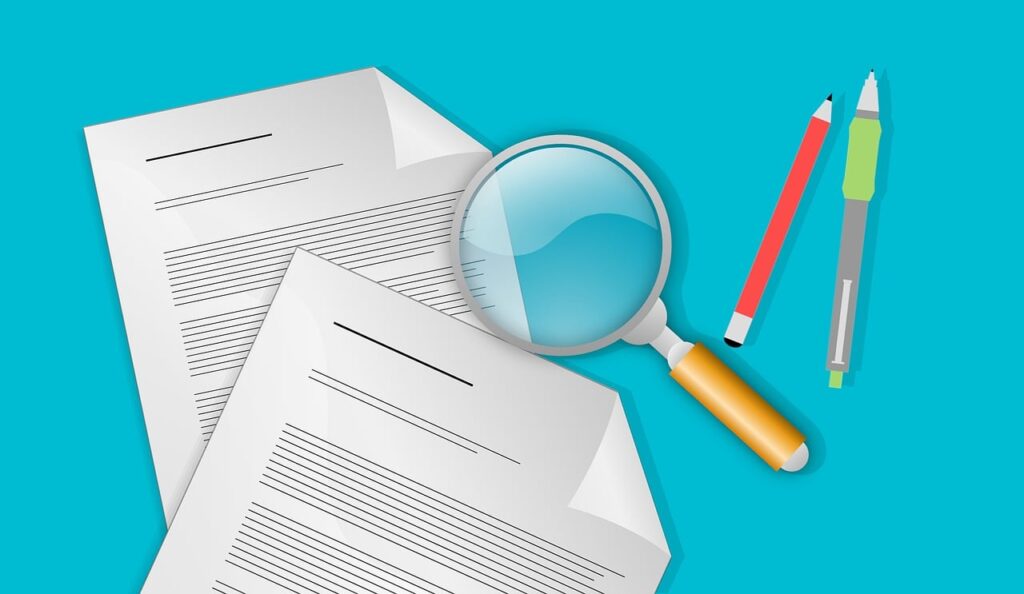Your vision,
our mission
Chi siamo
Fazzini Holzmiller & Partners è una firm di consulenza fiscale, aziendale e legale che opera a livello nazionale e internazionale. Con un background ultradecennale, che lo rende uno degli studi indipendenti più conosciuti in Italia, FHP fa della ricerca dell’eccellenza il suo marchio distintivo. Un team di professionisti specializzati in diversi ambiti lavora in sinergia per fornire un’assistenza integrata ispirata a standard etici e di sostenibilità.

News 6/2024 – DL 29/3/2024 N. 39 – PRINCIPALI NOVITA’ IN MATERIA DI AGEVOLAZIONI FISCALI – LIMITI ALLA FRUIZIONE DI ALCUNI CREDITI DI IMPOSTA
Attività
Un’ampia e consolidata esperienza professionale consente di offrire servizi specializzati a piccole, medie e grandi imprese, multinazionali, enti non profit, etc.
Contenzioso Civile giudiziale e stragiudiziale
Consulenza Civile
Locazioni
Diritto assicurativo
Diritto ereditario
Contrattualistica
Responsabilità medica
Consulenza continuativa alle imprese
Arbitrati e consulenze tecniche
Successione d’impresa e family advisory
Blockchain, token, NFT, metaverso
Startup, PMI Innovative, 4.0
Contenzioso Tributario
Transfer Pricing
Assistenza alle foreign companies
Fiscalità nazionale e internazionale
Crisi d’impresa e risanamenti aziendali
M&A and transaction services
Digital economy
Controllo di gestione
Business reporting & Accounting advisory services


Il nostro team
Lavoriamo in sinergia per mettere la nostra professionalità e le competenze specifiche di ciascun esperto al servizio di aziende e liberi professionisti.
Team
Rimani aggiornato sulle nostre attività e sulle novità più rilevanti in ambito tax e legal. Seguici sul profilo Linkedin per restare sempre informato.
Fiscalità nazionale
LA STABILE SVIZZERA NON FA SOCIETA’ ESTEROVESTITA
- 12 Aprile 2024
Fiscalità nazionale
START-UP INNOVATIVE: ISCRIZIONE AL REGISTRO SPECIALE NON PRECLUSIVA SE IL BENEFICIO E’ SUCCESSIVO
- 19 Dicembre 2023
ESG
In italiano i primi cinque principi ESRS
- 2 Agosto 2023
ESG
Bilancio di sostenibilità ESG: nuovi ESRS più “soft”
- 28 Giugno 2023

